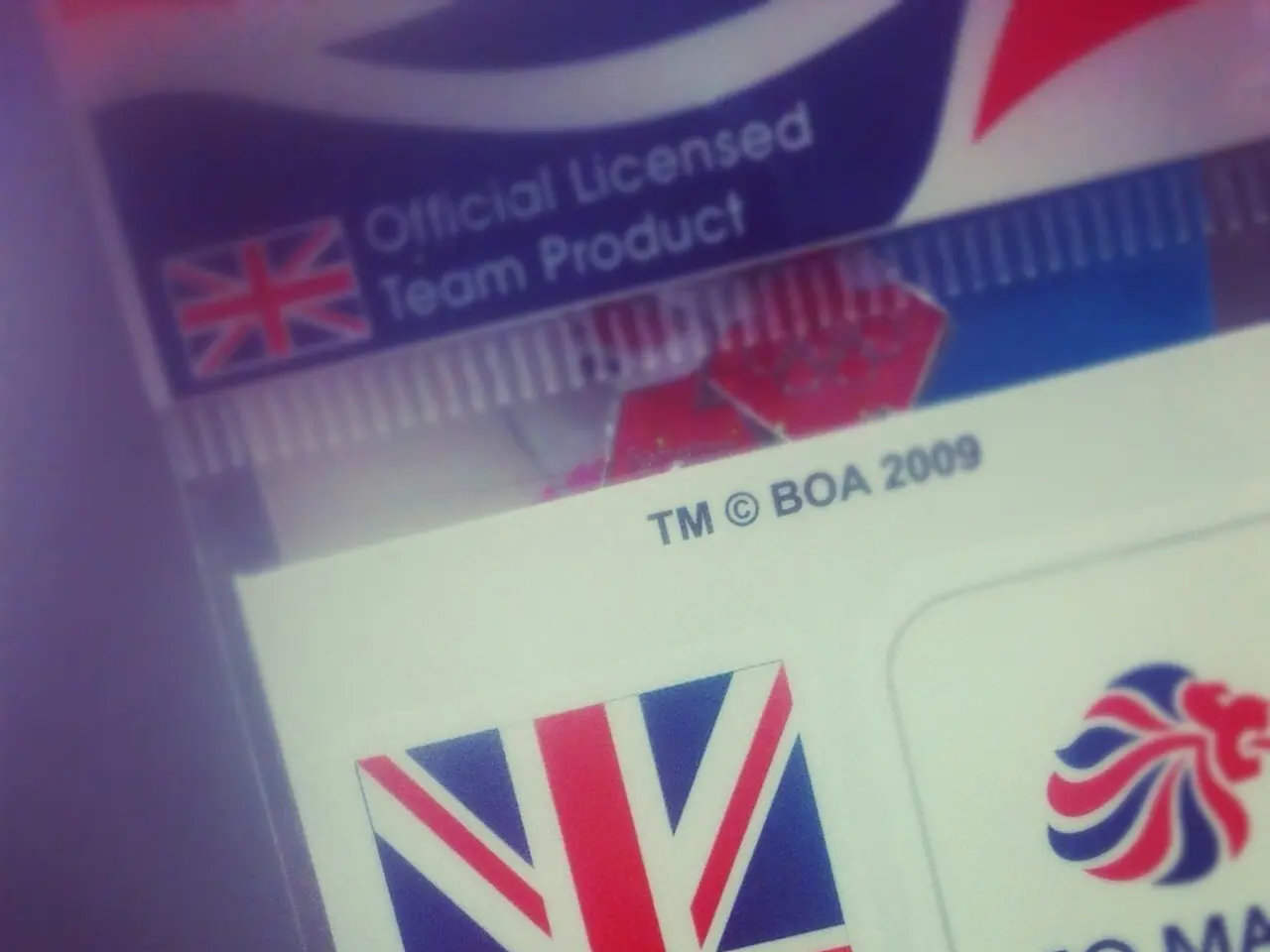Exploring Ripple's Quest for National Bank Charters
In a groundbreaking move, Ripple Labs, the renowned blockchain company behind the popular digital asset XRP, has filed an application for a U.S. national bank charter with the Office of the Comptroller of the Currency (OCC). This ambitious step follows a similar application by Circle Internet Group, as major crypto firms strive to obtain federal banking licenses to deepen integration with traditional finance and gain clearer regulatory oversight [1][2][3].
If successful, Ripple’s bank charter would place its dollar-backed stablecoin, RLUSD, under OCC federal supervision, in addition to the existing state oversight by the New York Department of Financial Services (NYDFS). This dual regulatory framework would establish a higher benchmark for trust, transparency, and compliance in the stablecoin market [1][2][3].
Ripple CEO Brad Garlinghouse underscored the significance of this move, stating that obtaining the license would represent a “new (and unique!) benchmark for trust” by subjecting the company to both state and federal regulators. This federal oversight would enhance Ripple’s credibility and compliance vis-à-vis U.S. banking and financial laws, facilitating stronger institutional adoption [1][3].
Ripple’s subsidiary, Standard Custody & Trust Company, has also applied for a Federal Reserve master account. If granted, this would enable Ripple to custody stablecoin reserves directly with the Fed and allow issuing and redeeming stablecoins outside normal banking hours. This would further increase operational security and transparency for RLUSD [2][3].
However, potential challenges lie ahead. Some analysts have raised concerns about Ripple’s large holdings of XRP tokens, which could complicate or undermine the company's ability to obtain the national trust bank charter [4].
### Implications for the Cryptocurrency Industry
If Ripple succeeds in obtaining the charter, it could set a precedent for crypto firms aiming to operate under a fully federally regulated banking framework, signalling broader acceptance of stablecoins as part of mainstream finance. This could accelerate the regulatory clarity and institutional adoption of stablecoins and digital assets in the U.S., prompting other firms to pursue similar charters [1][2][3][4].
The dual federal and state oversight model could become a template for stablecoin regulation, enhancing investor confidence and protecting consumer interests. Conversely, any regulatory hurdles Ripple faces could highlight ongoing challenges related to crypto asset holdings and compliance, impacting how regulators approach crypto bank charters going forward [1][2][3][4].
In summary, Ripple’s application for a U.S. national bank charter is a landmark attempt to bridge cryptocurrency with traditional banking oversight. If approved, it could significantly influence stablecoin regulation and the broader crypto financial ecosystem [1][2][3][4].
Meanwhile, in other news, Elon Musk has proposed the America Party, which has garnered 65% support. The U.S. Senate has approved tax cuts with a tie-breaking vote, and Shenzhen has warned against illegal fundraising schemes related to stablecoins [1][5]. In the world of cryptocurrency, XRP's 24-hour trading volume recorded at $3.30 billion, showing a 26.44% decrease, but the digital asset appreciated by 3.54% in the past 24 hours [1][6].
The individual crafting this content boasts extensive experience working with major news outlets, personal blogs, and private clients. His expertise includes SEO optimization, persuasive copywriting, and niche versatility. His content is strategically tailored to meet client goals, and it resonates with audiences [1][7].
The application for a US national bank charter by Ripple Labs, a blockchain company, could establish a higher benchmark for trust, transparency, and compliance in the stablecoin market, deepening the integration of cryptocurrency with traditional finance. If successful, this move could potentially set a precedent for other crypto firms aiming to operate under a fully federally regulated banking framework, signaling broader acceptance of stablecoins as part of mainstream finance, and prompting further regulatory clarity and institutional adoption of stablecoins and digital assets in the US. This could be influenced by the dual federal and state oversight model, enhancing investor confidence and protecting consumer interests in the cryptocurrency industry.




